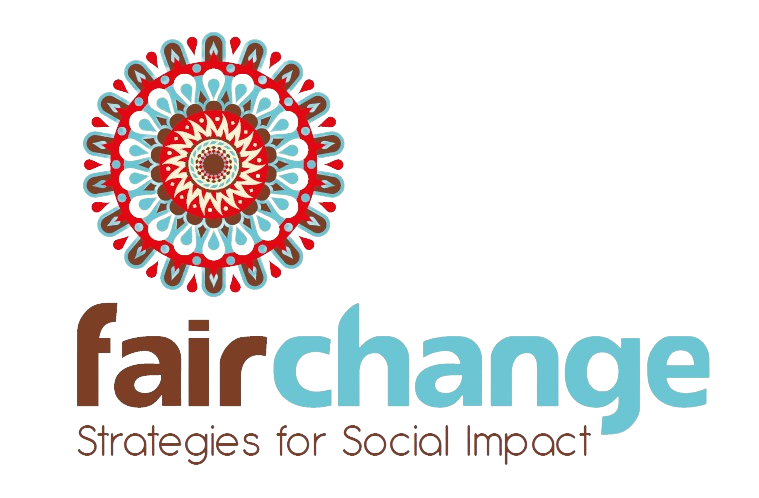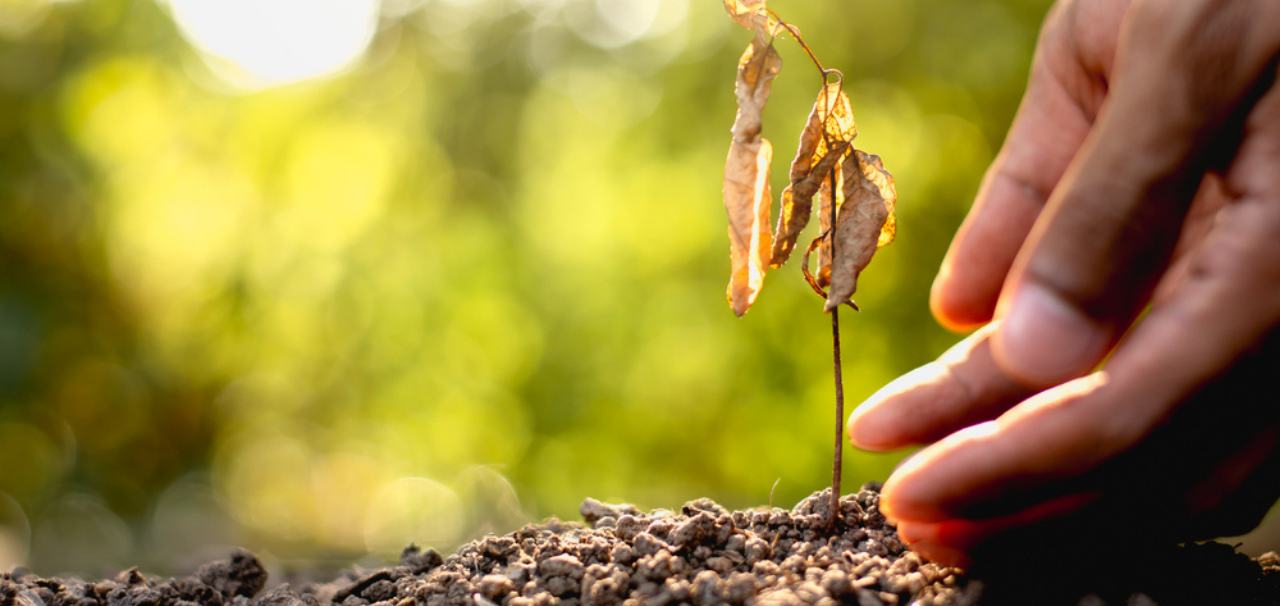Over the past days and weeks, I often had to think of a young farmer’s son I met on a work trip into Colombia’s breathtakingly beautiful mountains. I forgot his actual name, but it may have been Diego. He told us how his family, who had been growing coffee beans for generations, suddenly had to struggle to survive. Year after year, their tiny but fertile land was producing fewer coffee beans, Diego said.
His mom and dad, elderly people already, were scratching their heads. They did not understand why this was happening and what they should do to keep putting food on the table.
Moving up the mountain to find fertile grounds
But Diego understands perfectly well. He is from a new generation that knows about climate change, even living in such a remote part of the country. “Soils are drying out because of global warming. So my family, and all the other farmers from the village where we grew up, are forced to move further up the mountain. Going where there are still enough fertile grounds is the only way to keep growing coffee. But how should we do that?”
Just packing up their bags, leaving their old fincas behind and intrude neighboring lands to start new plantations? With no money to invest, no access to knowledge or infrastructure to innovate and prevent future climate impacts? No government backing? Not a realistic option.
Millions of small-scale producers left without an income
The Inter-American Development Bank (IADB) recently calculated that rising temperatures will wipe out up to 50% of the area suitable for growing coffee beans in Colombia and other global suppliers in Latin America’s so-called coffee belt. As consumers, we may face a future without coffee. But that’s just a minor setback compared to the millions of small-scale producers who will lose their only source of income.
Plan B available to Diego and his family is leaving the countryside and trying their luck in the city. They would be joining millions of Colombians who have been displaced by the country’s internal conflict, economic misery or climate change (or all of those combined). And that’s not an alternative to look forward to, either.
Climate change, a human rights crisis that hits the poorest people
While I was watching the painfully slow progress made by world leaders gathered at the COP26 summit, my chat with Diego often popped up in my mind. His story is that of so many others. Local fishers with no fish left to catch, carpenters in forests without trees, cattle farmers seeing their animals starving to death.
Climate change disproportionately hits the poorest countries and people. It directly threatens their right to a decent living and many other fundamental human rights on a daily basis. Yet, these countries and people contribute the least to the crisis. Instead, they suffer the consequences of the richest countries’ ongoing environmental mismanagement – without having the resources to pay for the solutions.
Some progress on some urgent issues
And now, people like Diego have to make sense of the compromises penned down in the Glasgow Climate Pact, reached after 13 days of negotiating by the high profile people who should defend them. Environmental activist Greta Thunberg calls it more of the usual Blah, Blah, Blah. Words without real action from world leaders who lack real leadership.
“Well come on, let’s not be so harsh and give those 200 countries credit for their efforts!” other observers say. With so many different interests around the table, reaching compromises is tough. They point out that at least some progress has been made on at least some urgent climate topics on the agenda.
I wonder what Diego thinks. Will he scan the Glasgow Pact to find a short-term action plan to stop temperatures from rising and give his family relief? Look for a budget annex to the Pact, detailing how industrialized countries will help finance developing countries to reverse the impacts of climate change? If he did, he would be disappointed for sure.
Protect vulnerable people, now
So, what will be Diego’s take on this? Promising progress, or Bla bla bla?
I leave the answer up to your imagination. But if you ask me, acting on climate change should not focus on promises for the future, but on taking solid steps to protect the world’s most vulnerable people, now.
Resources
Inter-American Development Bank (IADB): The most unexpected effect of climate change
Vox: What the world did and didn’t accomplish at COP26
Greta Thunberg: The #COP26 is over. Here’s a brief summary: Blah, blah, blah.
BBC: COP 26: How much are poor countries getting to fight climate change?
• • • • • • • • • • • • • • • • • • • • • • • • • • • • • • • • • • • • • • • • • • • • • • • • • • • • • • • • • • • • • • • • • • • • • • • • • • • • • • • • • • • • •
The need to preserve nature and protect people’s fundamental rights is promoted through the SDGs and the 2030 Agenda for Sustainable Development. Why is this so important for entrepreneurs and business leaders? Have a look at the free resources on Business and Human Rights, SDGs and Social Impact at FairChange Academy.
Would you like to get my latest blog posts, free resources and updates directly in your inbox? Subscribe to FairChange news!
• • • • • • • • • • • • • • • • • • • • • • • • • • • • • • • • • • • • • • • • • • • • • • • • • • • • • • • • • • • • • • • • • • • • • • • • • • • • • • • • • • • • •

